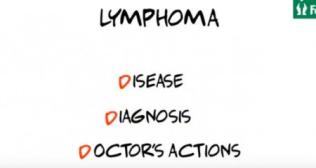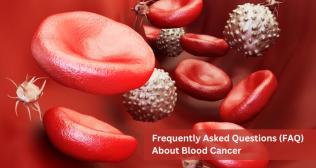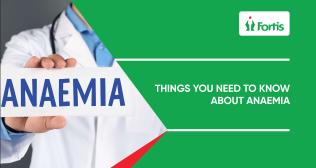
Pediatric Hematology: Addressing Thalassemia in Young Patients
Pediatric hematology encompasses the specialized field of medicine that focuses on blood disorders in children, and thalassemia stands out as one of the significant conditions that pediatric hematologists grapple with. Thalassemia, a genetic blood disorder, poses unique challenges when diagnosed in young patients, necessitating comprehensive care strategies tailored to their specific needs.
Understanding Thalassemia in Pediatrics:
Thalassemia is a group of inherited blood disorders characterized by abnormal hemoglobin production, leading to anemia. In the pediatric context, this disorder can manifest early in life, affecting a child's growth, development, and overall well-being. According to the World Health Organization, an estimated 60,000 children are born with thalassemia globally each year.
Challenges Faced by Young Patients:
Children diagnosed with thalassemia often face a lifetime of medical interventions. Regular blood transfusions, iron chelation therapy to manage iron overload, and potential complications such as delayed growth and development are aspects that pediatric hematologists carefully navigate. The emotional and psychological impact on both the child and their families adds another layer of complexity.
Real-Life Example: Aarav's Journey:
Aarav, a lively five-year-old from Mumbai, India, faced a unique journey when diagnosed with thalassemia major shortly after birth. His parents, initially overwhelmed, found support from Dr. Sharma, a compassionate pediatric hematologist. Aarav's treatment plan included regular blood transfusions and iron chelation therapy, highlighting the comprehensive care needed for thalassemia.
Aarav's story reflects the emotional impact on families dealing with genetic disorders, emphasizing the importance of a multidisciplinary healthcare team. The potential of gene therapy emerged as a beacon of hope for Aarav, offering a curative option and showcasing the evolving landscape of thalassemia treatment.
Despite challenges, Aarav's resilience shone through. He attended school, participated in activities, and inspired those around him. His journey illustrates that, with supportive care, informed parents, and advancements in medical science, children like Aarav can embrace life with enthusiasm, paving the way for a future where thalassemia doesn't define their entire existence.
Top of Form
Advancements in Pediatric Hematology:
In recent years, advancements in pediatric hematology have brought about innovative approaches to managing thalassemia in young patients. Gene therapy, for instance, holds promise as a potential cure for thalassemia, offering a beacon of hope for families affected by this genetic disorder. Clinical trials and research studies are ongoing to explore the efficacy and safety of these cutting-edge interventions.
Comprehensive Care Teams for Pediatric Thalassemia:
Addressing thalassemia in young patients requires a multidisciplinary approach. Pediatric hematologists work in collaboration with pediatricians, genetic counselors, psychologists, and other healthcare professionals to ensure holistic care. This team effort aims not only to manage the medical aspects but also to provide emotional support and enhance the quality of life for both the child and their family.
Frequently Asked Questions:
Q1: Can thalassemia be detected during pregnancy? Yes, prenatal genetic testing, including chorionic villus sampling (CVS) and amniocentesis, can detect thalassemia in the unborn child.
Q2: How often do children with thalassemia require blood transfusions? The frequency of blood transfusions varies based on the severity of thalassemia. Some children may need transfusions every few weeks, while others may require less frequent transfusions.
Q3: What symptoms may indicate a blood disorder in a child? Symptoms can include fatigue, paleness, frequent infections, easy bruising, excessive bleeding, bone pain, and abnormal blood counts.
Q4: Can children with blood disorders lead normal lives? With appropriate management and treatment, many children with blood disorders can lead fulfilling and normal lives. Regular follow-up care is essential for optimal health and well-being.
Categories
Clear allMeet the doctor

- Haematology | Haematology
- Organ Transplant | Hemato-Oncology | Haematology and BMT
- Oncology | Hemato-Oncology
-
15 Years
-
1000
 Available at 1 different locations
Available at 1 different locations




















